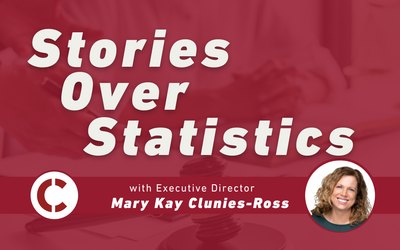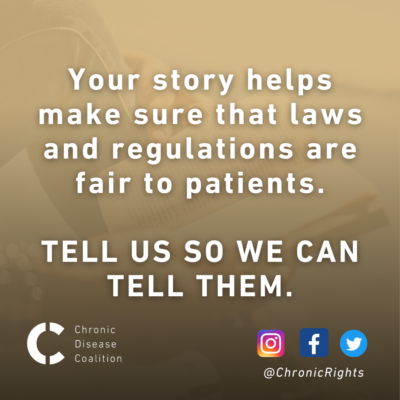
I have a story about a story—
I was working for a health care policy and advocacy organization with experts who were best in class. They were deeply immersed in the work and had mastery over the law, regulation and economics of healthcare. And although they certainly had a political agenda, they were also highly respected as truthful, knowledgeable experts.
They had REALLY BIG BRAINS, is what I’m saying.
But one day, one of their government relations people was talking to a state legislator. She was giving him important, technical information to support a change in healthcare policy. But after listening politely for a few minutes, he burst out,
“Don’t give me any more data! I need an anecdote!”
Of course he did. In fact, we all need anecdotes. It’s how we are wired. Stories help us understand and remember what is important.
Author Lisa Cron wrote, “Story, as it turns out, was crucial to our evolution—more so than opposable thumbs. Opposable thumbs let us hang on; story told us what to hang on to.”
That’s exactly what that legislator wanted—he wanted a story to “hang on to” while he wrapped his head around the data. Stories are how human beings make sense of things. Statistics and data are essential for decision-making, but they don’t inspire and motivate people the way stories do.
That’s why the Chronic Disease Coalition has a patient story bank, and it’s why we need you to tell us your story. Your story helps us learn about how patients are struggling to get access to care; it also helps us educate policymakers about how their choices affect real people.
Time and time again, legislators tell us that they want to hear from patients and constituents about their experiences. Sometimes it’s a quick fix and sometimes it’s part of a longer evolution, but it always helps.
We need patient voices at the table, whenever healthcare policy is being made. When you tell your story to the CDC, we share it with elected officials, the media and the general public. It helps us to:
- Amplify your experience
- Educate people about what it’s like to live with a chronic disease
- Influence law and policies across the nation
- Give a face to complex issues, diseases and policies
- Change the national narrative around chronic disease ability and inclusion
- Help you turn difficult experiences into positive change
So tell us—what’s your story?
